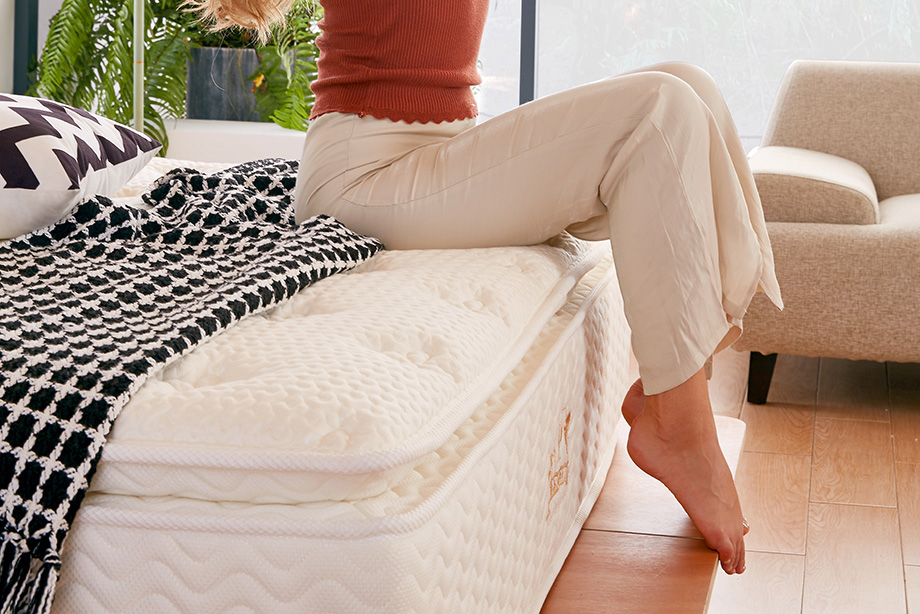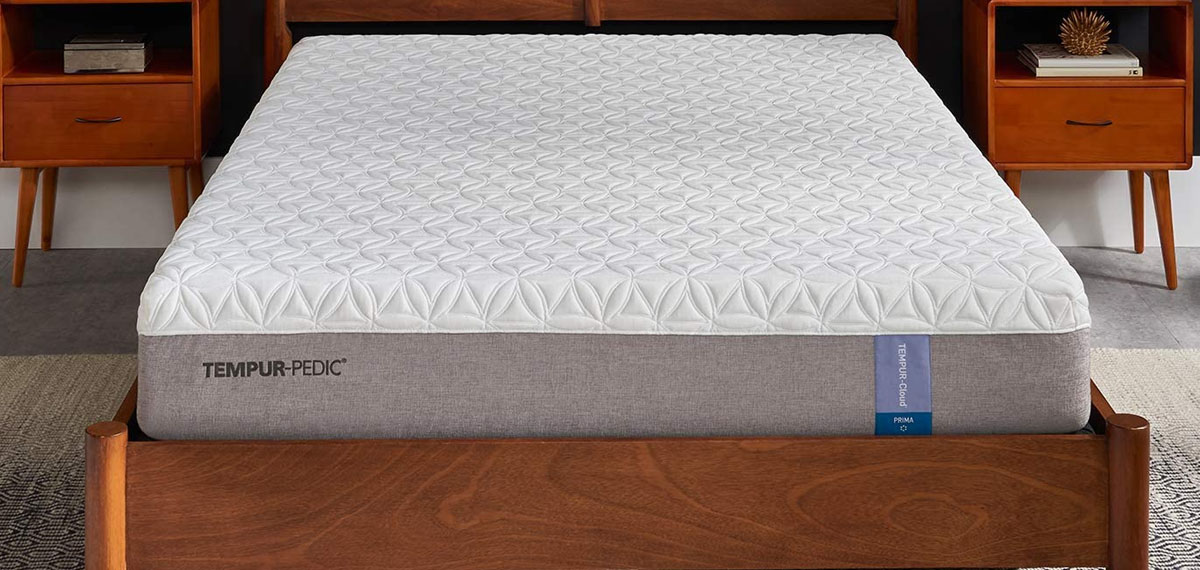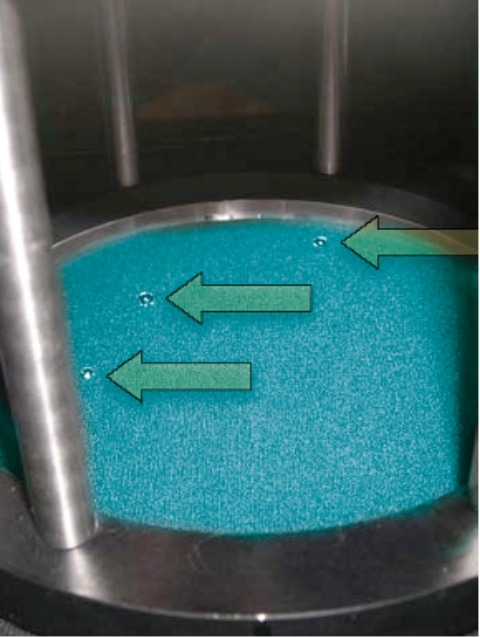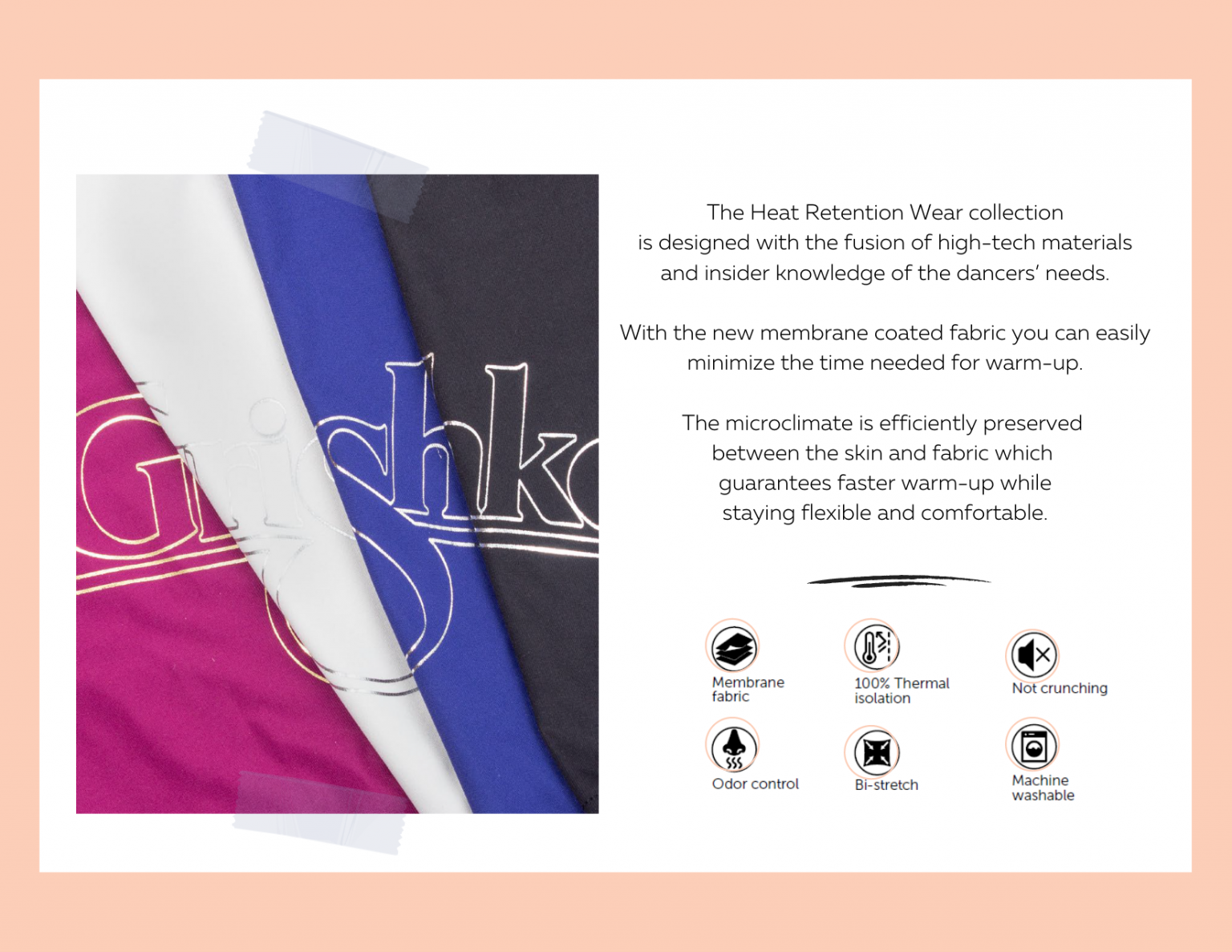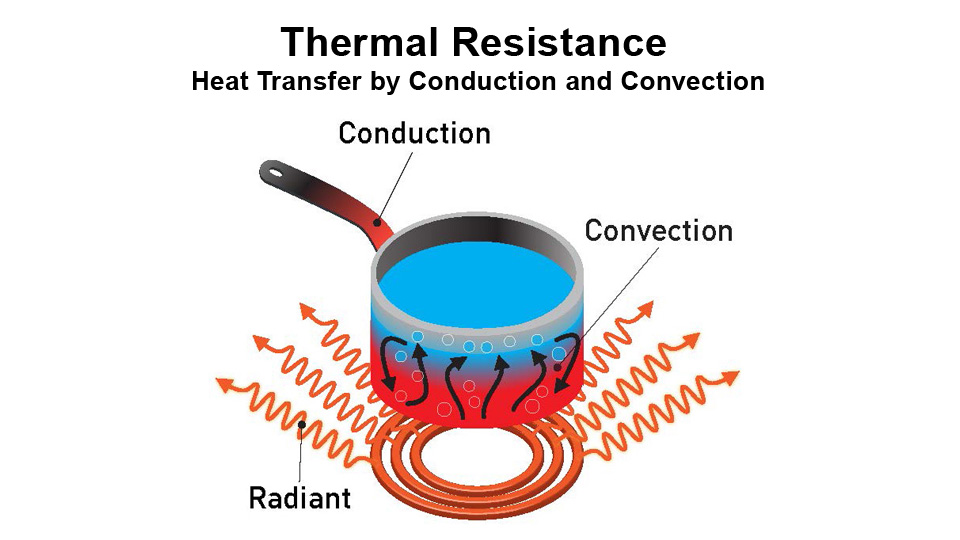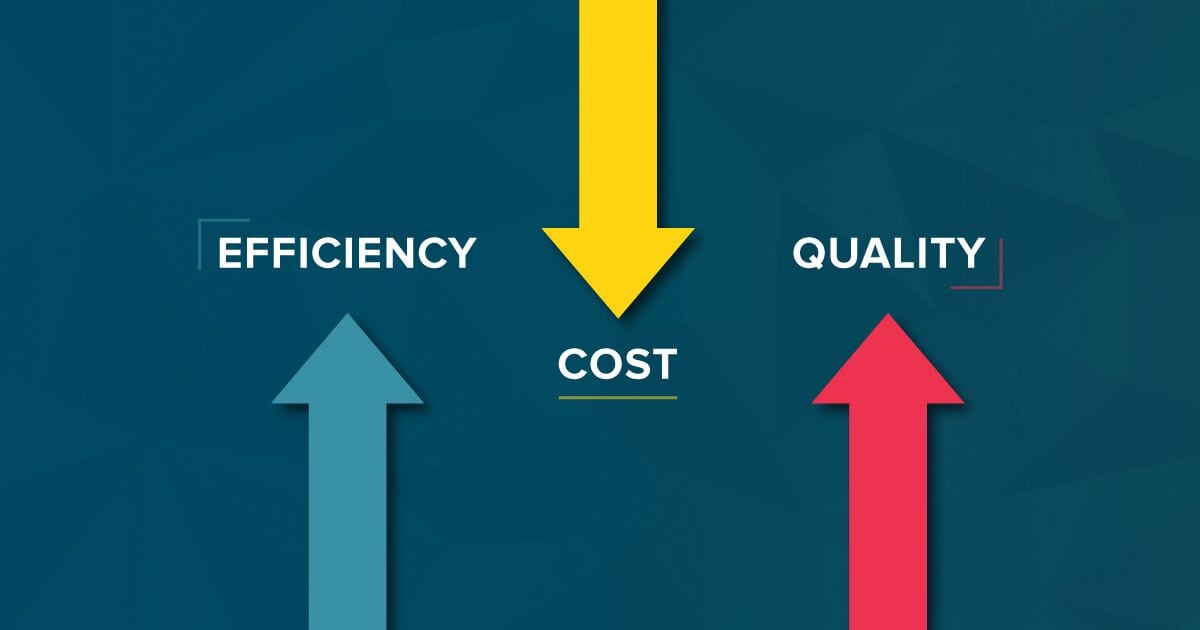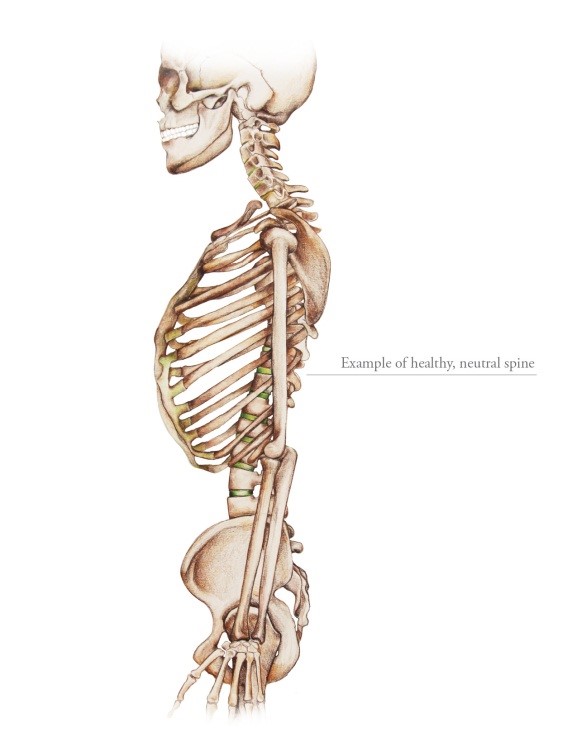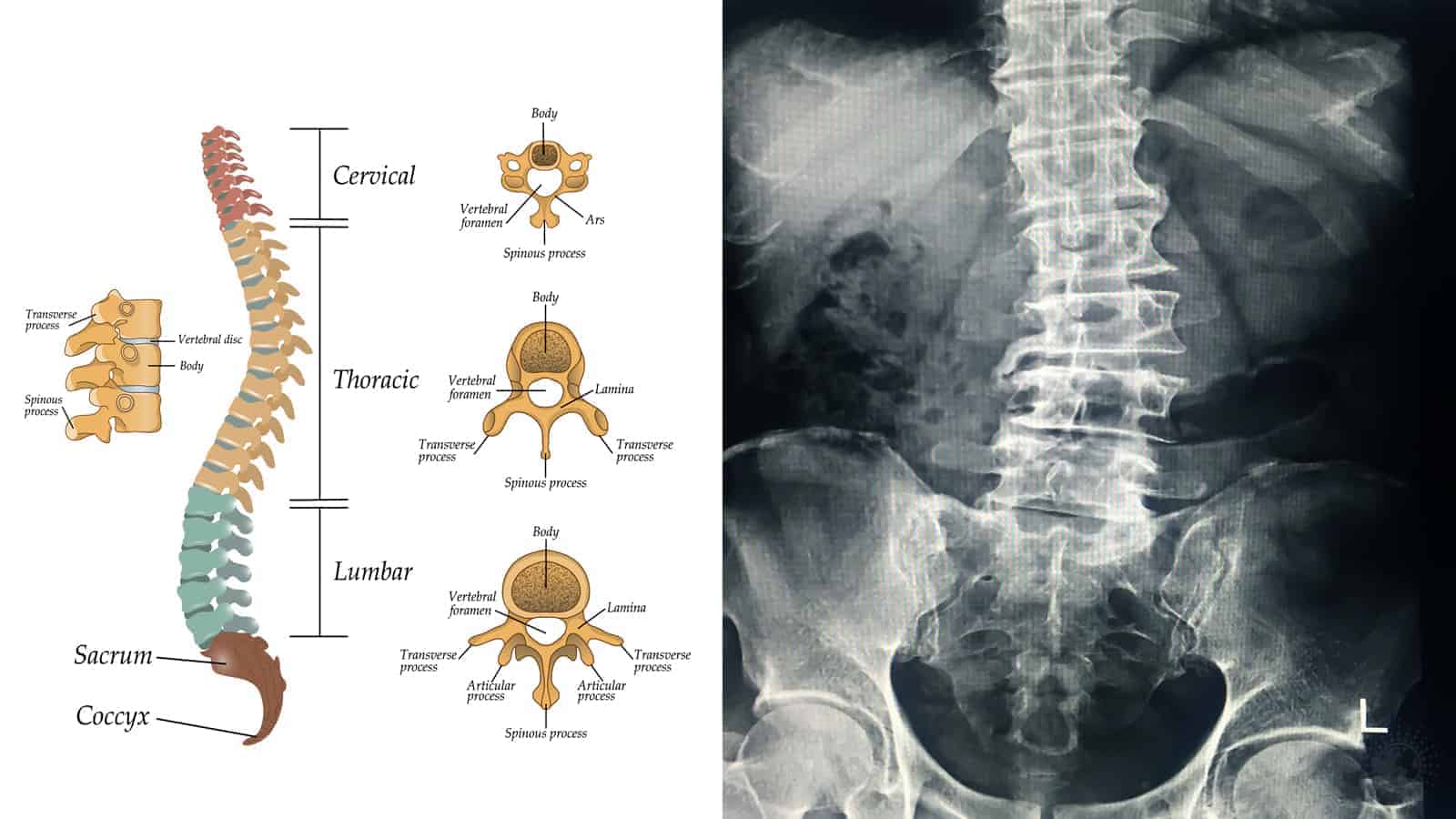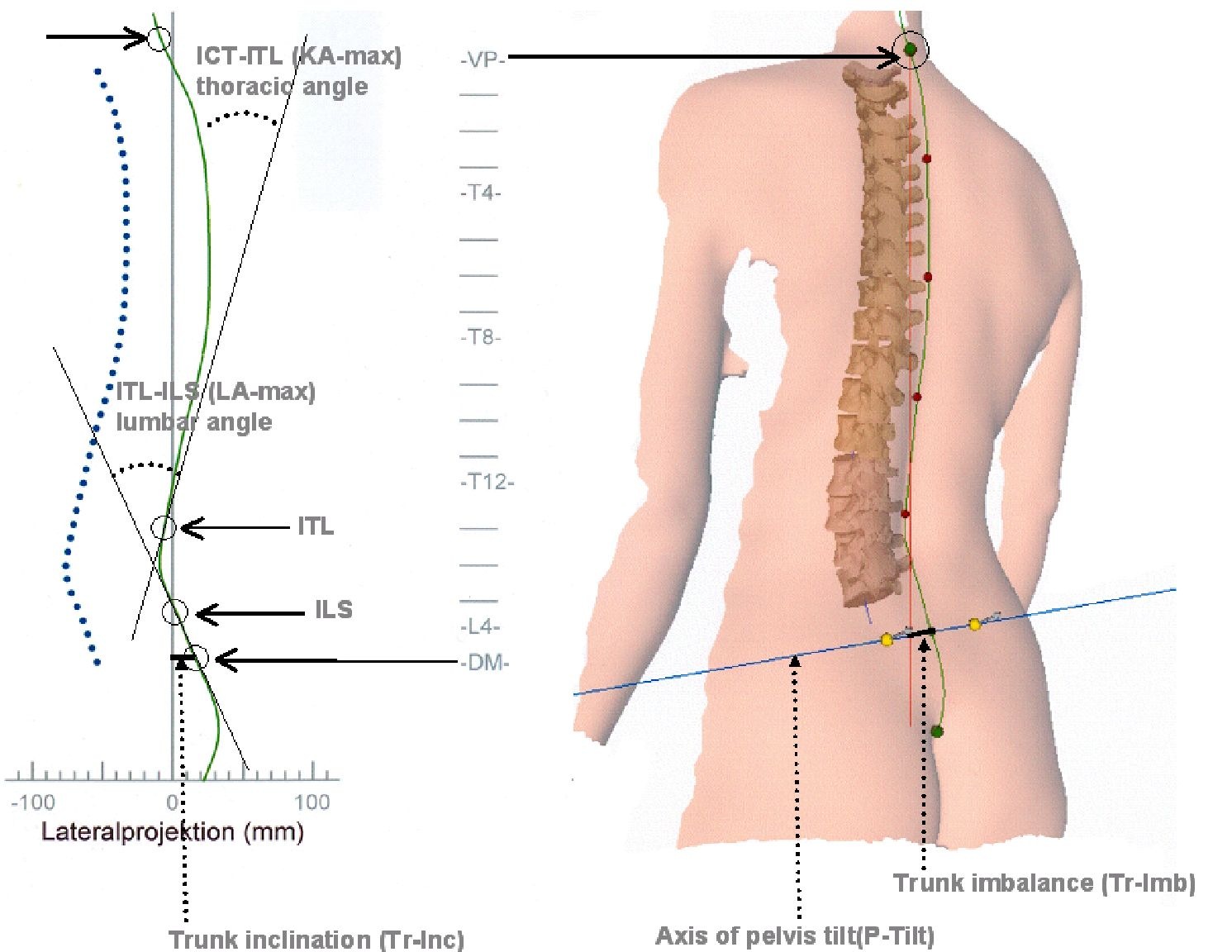Memory foam mattresses have become increasingly popular in recent years, and for good reason. One of the main pros of a memory foam mattress is the superior level of comfort it provides. The foam molds to your body, creating a supportive and pressure-relieving surface that can help alleviate aches and pains. Not only does the foam provide a comfortable and supportive sleeping surface, but it also helps to evenly distribute your weight, reducing pressure points and increasing overall comfort. This is especially beneficial for those with chronic pain or joint issues.Comfort | Support | Pressure Relief
Another advantage of memory foam mattresses is their durability. Unlike traditional mattresses, which can become lumpy and saggy over time, memory foam maintains its shape and support for a longer period of time. Additionally, memory foam is known for its ability to isolate motion, meaning you won't be disturbed by your partner's movements during the night. This can lead to a better night's sleep for both parties. However, some people may find that memory foam mattresses retain heat, which can be uncomfortable for those who sleep hot. Fortunately, there are now many cooling options available, such as gel-infused foam or open-cell foam, to combat this issue.Durability | Motion Isolation | Heat Retention
If you suffer from allergies, a memory foam mattress may be the perfect solution for you. The dense foam material is resistant to dust mites and other allergens, making it a healthier choice for those with allergies or asthma. Another benefit of memory foam mattresses is their cost-effectiveness. While they may have a higher initial cost, they tend to last longer than traditional mattresses, making them a good investment in the long run. Additionally, memory foam mattresses are customizable to your specific needs. You can choose the level of firmness that works best for you, and some brands even offer the option to customize different zones of the mattress for different levels of support.Allergen Resistance | Cost-Effective | Customizable
One of the key features of memory foam mattresses is their ability to contour to your body's shape. This not only provides a comfortable sleeping surface, but it also helps to keep your spine aligned while you sleep. Proper spinal alignment is crucial for preventing aches and pains, and a memory foam mattress can help with this. The foam supports your body's natural curves, promoting a neutral spine position and reducing strain on your back and neck. On top of that, memory foam mattresses are known for their longevity. With proper care, a high-quality memory foam mattress can last up to 10 years, making it a worthwhile investment for your sleep and overall health.Body Contouring | Spinal Alignment | Longevity
If you share a bed with a partner or pet, you know how disruptive their movements can be to your sleep. Memory foam mattresses have the advantage of reducing motion transfer, meaning you won't be disturbed by your partner's movements during the night. This can be especially beneficial for light sleepers or those who have trouble staying asleep. With less disturbance from movements, you can achieve a more restful night's sleep. Memory foam also has the ability to provide pain relief for those with chronic pain or injuries. The foam's ability to contour to your body's shape can help alleviate pressure points and reduce discomfort, leading to a more comfortable night's sleep. Lastly, memory foam is hypoallergenic, making it a great option for those with allergies or sensitive skin. The dense foam material is resistant to dust mites, mold, and other allergens, providing a cleaner and healthier sleep environment.Reduced Motion Transfer | Pain Relief | Hypoallergenic
If you're conscious about the environment, you'll be happy to know that there are eco-friendly memory foam mattresses available. These mattresses are made with plant-based materials and have a lower carbon footprint compared to traditional foam mattresses. In addition to being better for the environment, memory foam mattresses also have the ability to regulate temperature. As mentioned earlier, some types of memory foam can retain heat, but there are now options available that are specifically designed to keep you cool and comfortable throughout the night. Lastly, memory foam mattresses are relatively low maintenance. They don't require flipping or rotating like traditional mattresses, and most can be spot cleaned easily. This makes them a convenient and hassle-free option for those with busy lifestyles.Eco-Friendly | Temperature Regulation | Low Maintenance
Another advantage of memory foam mattresses is the variety of firmness options available. From soft to firm, there is a memory foam mattress to suit every preference and sleeping style. This can be especially beneficial for couples who have different comfort preferences. With a memory foam mattress, you can choose the level of firmness that works best for you, without compromising your partner's comfort. Additionally, memory foam mattresses are known for their noiseless quality. Traditional mattresses can creak and squeak, especially with movement, but memory foam remains silent, allowing for a peaceful and uninterrupted night's sleep.Variety of Firmness Options | Partner Compatibility | Noiseless
Memory foam mattresses are relatively easy to clean and maintain. Unlike traditional mattresses that can be difficult to clean spills or stains from, memory foam mattresses can often be spot cleaned with a damp cloth and mild detergent. Furthermore, some memory foam mattresses have better breathability than others, allowing for better airflow and preventing the build-up of heat and moisture. This can lead to a more comfortable and hygienic sleep environment. On top of that, the contouring and supportive nature of memory foam can lead to reduced tossing and turning during the night. This can help you achieve a deeper and more restful sleep, as your body is properly supported and comfortable.Easy to Clean | Breathability | Reduced Tossing and Turning
If you're a side sleeper, you may have found that traditional mattresses can cause discomfort in your shoulders and hips. Memory foam mattresses, on the other hand, provide a comfortable and supportive surface for side sleepers, allowing for better pressure relief and spinal alignment. Additionally, the contouring nature of memory foam can help reduce snoring. By promoting proper alignment of the airways, snoring can be reduced or eliminated, leading to a quieter and more restful night's sleep for you and your partner. Lastly, as mentioned earlier, memory foam can help alleviate aches and pains by reducing pressure points and promoting proper spinal alignment. This can be especially beneficial for those with chronic pain or injuries, allowing for a more comfortable and restorative sleep.Good for Side Sleepers | Reduced Snoring | Reduced Aches and Pains
While there are many pros to memory foam mattresses, there are also some cons that should be considered before making a purchase. One of the main cons is limited edge support. Due to the nature of memory foam, the edges of the mattress may not be as firm as the rest of the surface, making it difficult to sit or sleep near the edge without feeling like you may roll off. Additionally, some people may experience an initial odor when first using a memory foam mattress. This is a common occurrence and usually dissipates within a few days, but it can be bothersome for some. Lastly, some people may find that they sink too deeply into memory foam mattresses, especially if they are heavier in weight. This can be uncomfortable for some, but can easily be remedied by choosing a firmer level of foam or opting for a hybrid mattress with a mix of memory foam and innerspring coils.Limited Edge Support | Initial Odor | Weight Sensitivity
The Pros and Cons of Memory Foam Mattresses

The Pros
 One of the main advantages of a memory foam mattress is its ability to contour to the body's shape, providing personalized support and pressure relief. This can be especially beneficial for individuals with chronic pain or joint issues. Additionally, memory foam is known for its motion isolation properties, meaning you are less likely to feel your partner's movements throughout the night. This can lead to a better night's sleep for both parties.
Another pro of memory foam mattresses is their durability. They are designed to last for many years, often outlasting traditional spring mattresses. This can make them a more cost-effective option in the long run. Memory foam is also hypoallergenic, making it a great choice for those with allergies or sensitivities.
One of the main advantages of a memory foam mattress is its ability to contour to the body's shape, providing personalized support and pressure relief. This can be especially beneficial for individuals with chronic pain or joint issues. Additionally, memory foam is known for its motion isolation properties, meaning you are less likely to feel your partner's movements throughout the night. This can lead to a better night's sleep for both parties.
Another pro of memory foam mattresses is their durability. They are designed to last for many years, often outlasting traditional spring mattresses. This can make them a more cost-effective option in the long run. Memory foam is also hypoallergenic, making it a great choice for those with allergies or sensitivities.
The Cons
 While memory foam mattresses have many benefits, there are also some potential downsides to consider. One common complaint is that memory foam tends to retain heat, making it uncomfortable for some individuals, especially during warmer months. However, newer models often have cooling technology to combat this issue.
Another con is the initial off-gassing smell that may come with a memory foam mattress. This is caused by the release of chemicals used in the manufacturing process and can be bothersome for some people. However, the smell typically dissipates within a few days to a few weeks.
Lastly, memory foam mattresses can be quite heavy and difficult to move, making them less convenient for those who move frequently. They also may not provide enough support for individuals who prefer a firmer sleeping surface.
In conclusion, memory foam mattresses have their own set of pros and cons to consider. While they may not be the perfect fit for everyone, they offer unique benefits that make them worth considering for a good night's sleep.
While memory foam mattresses have many benefits, there are also some potential downsides to consider. One common complaint is that memory foam tends to retain heat, making it uncomfortable for some individuals, especially during warmer months. However, newer models often have cooling technology to combat this issue.
Another con is the initial off-gassing smell that may come with a memory foam mattress. This is caused by the release of chemicals used in the manufacturing process and can be bothersome for some people. However, the smell typically dissipates within a few days to a few weeks.
Lastly, memory foam mattresses can be quite heavy and difficult to move, making them less convenient for those who move frequently. They also may not provide enough support for individuals who prefer a firmer sleeping surface.
In conclusion, memory foam mattresses have their own set of pros and cons to consider. While they may not be the perfect fit for everyone, they offer unique benefits that make them worth considering for a good night's sleep.










































